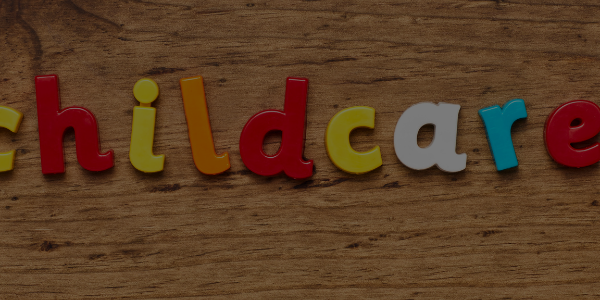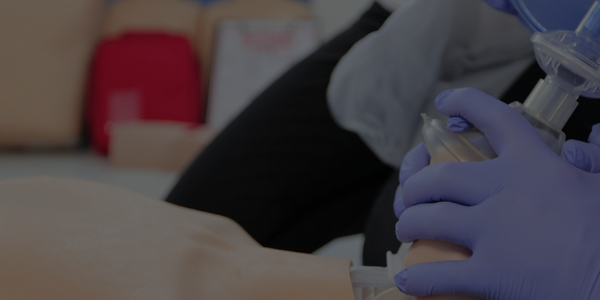What is Aspirin Poisoning?
Acetylsalicylic acid, commonly known as Aspirin, is a medication used to treat pain, fever, and inflammation.
A nonsteroidal anti-inflammatory drug (NSAID). Aspirin is available as an over-the-counter (OTC) product at most pharmacies.
Aspirin poisoning is a medical emergency and can cause nausea, vomiting, drowsiness and more.
Is a common pain reliever (analgesic) and fever reducer (antipyretic).
It occurs when someone accidentally or intentionally takes more than the normal or recommended amount of this medicine.
Aspirin is found in many different medications, both prescription and over-the-counter.
It’s important to carefully read the labels of all medications before taking them to make sure they don’t contain aspirin or other salicylates.
Less commonly, aspirin and other NSAIDs are used to treat heart disease, stroke prevention, arthritis and gout.
An emergency caused by an overdose of aspirin or other salicylate products. It can cause death.
What causes it?
Occurs when someone swallows more than the normal or recommended amount of this medicine.
This can be by accident or on purpose. This article is for information only.
DO NOT use it to treat or manage an actual poison exposure.
If you or someone you are with has an exposure, call your local emergency number (such as 000), or your local poison centre can be reached directly by calling Victorian Poisons Information Centre 13 11 26.
First Aid for Aspirin Poisoning
If you think someone has taken an overdose of aspirin or another salicylate product:
Get medical help immediately. Call your local emergency number (such as 000). Do not wait for symptoms to appear. If the person is unconscious, drowsy, or having a seizure, call 000 immediately.
It can also occur when a person intentionally swallows an overdose of this medication; however, overdoses of acetaminophen or ibuprofen are much more common than overdoses of aspirin.
Young children are especially at risk of aspirin poisoning because they weigh less than adults. But aspirin poisoning can occur in people of all ages.
Aspirin toxicity can be fatal if not immediately treated by a health care provider.
Please note that regular First Aid and CPR Training is the best way to make sure that you’re prepare in the case of an emergency. Book a course with us!
Find this article useful? Read more of our blogs here!





